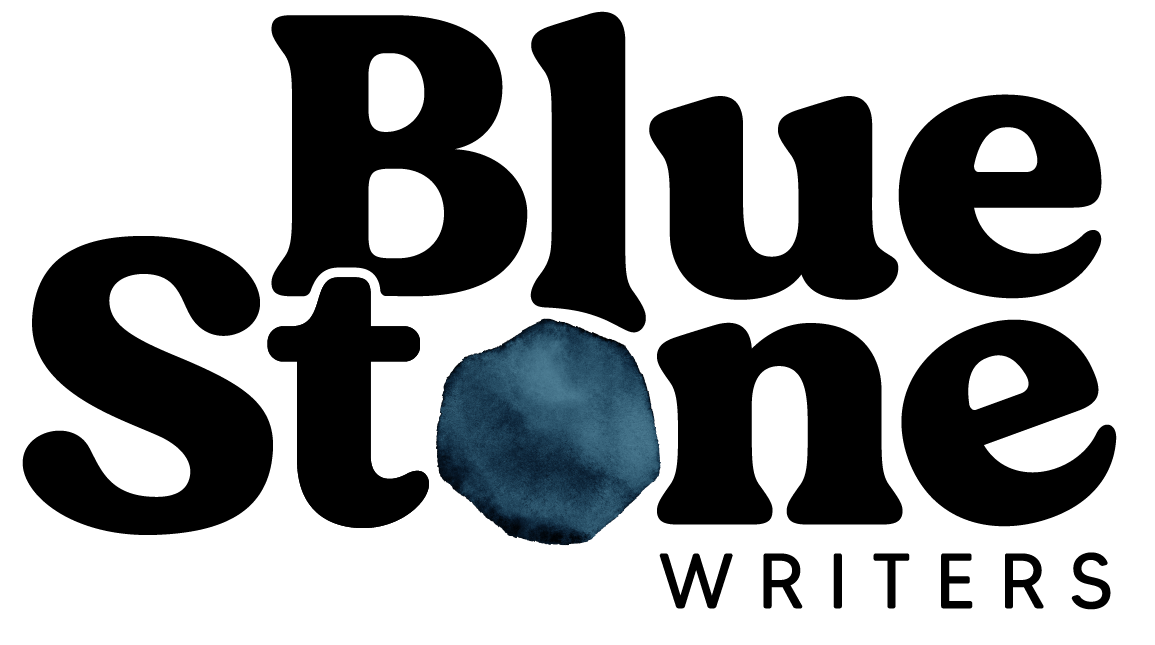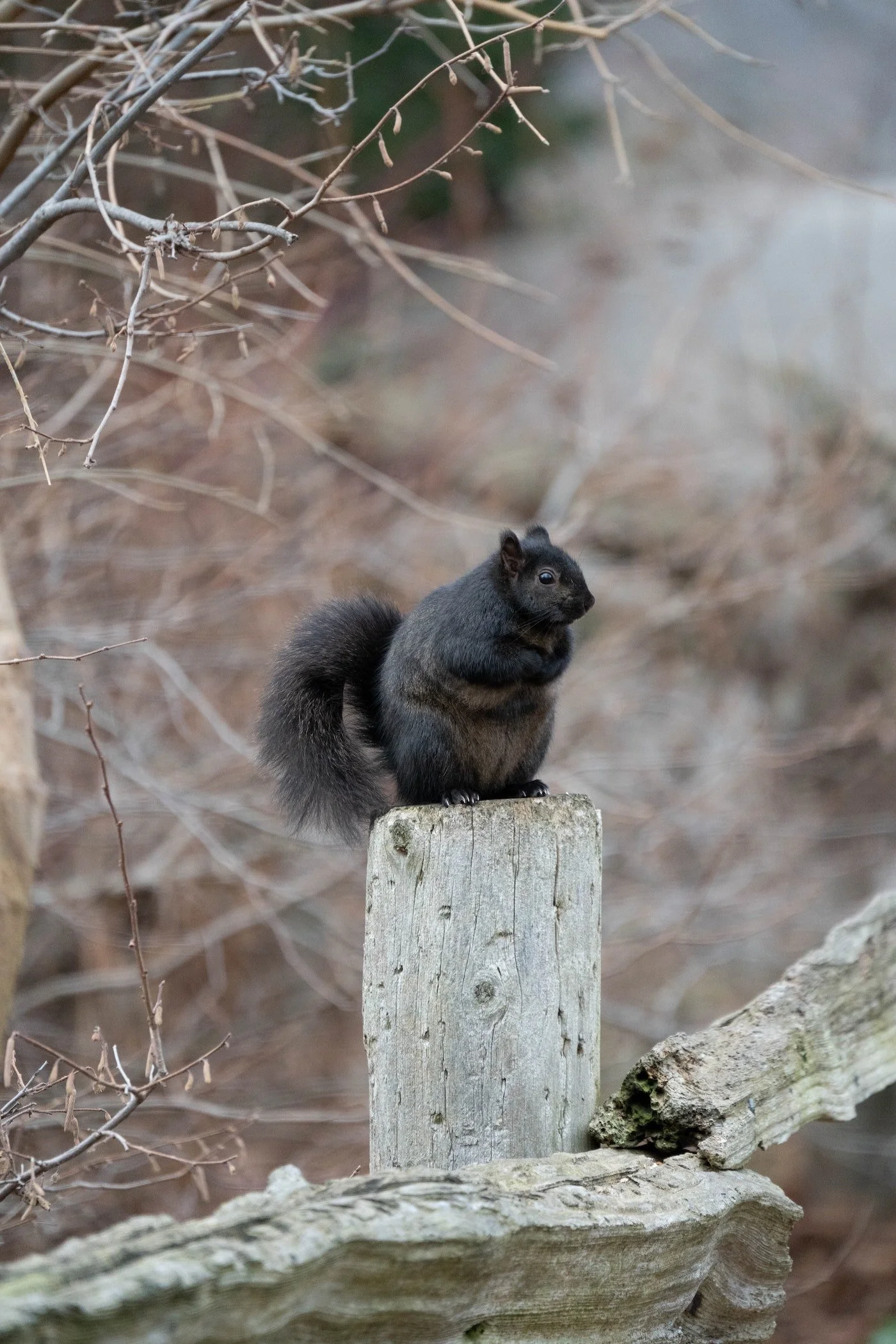pick apart one random thing into many layers of story.
I’ve been taking a pottery class on the weekends with a small group of cool artists who all happen to be educators. Someone spotted a squirrel outside the studio this past Sunday. But not just any squirrel—a black squirrel!
These were the de facto mascot at my alma mater Sarah lawrence, so I came to the window to get a closer look.
The potter at the window shared that black squirrels behave like prairie dogs and create underground shelters which sometimes destroy gardens. She’d observed whole sets of playground equipment sink below the earth thanks to squirrel habitats.
This was weird and random and stuck with me all day. How could I use this as inspiration in my next writing sesh? Let’s try it out.
Guided Writing: Expanding the Random Thing
Quick recommendation: Swap oddities with a friend or writing partner.
Take a few minutes to pick a random thing that you observed or was shared with you—maybe you witnessed an odd interaction or heard a strange factoid or saw something extraordinarily beautiful. Write/type the random weird thing at the top of your page the way I’ve done here—just a few sentences. Take 2-3 minutes to do this.
Next, consider how this relates to your story or story idea. For my black squirrel, I could do this a few ways. Is there some underground component to my story that I haven’t considered? Oooh. Like, are there actual underground layers to my world? Or what about a creature who keeps showing up outside a window, drawing the folks inside to check it out? If I’m looking to start from scratch, I could choose to write that conversation itself and dream up some new characters. Pick a single noun or phrase, be it squirrel, creature, underground, window view, conversation at the window, etc. Write that noun or phrase at the top of the page.
Now that you’ve picked your theme, brainstorm. You can make a list and let it morph into a paragraph, or just dive in. Regardless, this is free-writing, as we call it. This is exploration. Go for nine minutes.
Take a couple minutes to reflect. Write for three minutes, remarking on what you like about the words you’ve typed/written/penciled so far. You have to pick something you like or has possibility. This is not an opportunity to remark on what you feel hasn’t worked. This is an opportunity to search for some spark.
Now you are allowed to switch direction or keep going. You can either pick another noun, i.e. I’ve gone with creature, but I want to come back to window, and use that as the kernel for a scene, or you can build on the spark you found in reflection. Take that spark and expand by writing on a singular character, a moment of emotion that could be deepened, or by following a different character’s POV as they gaze through the same door or window you’ve already described. Write for ten minutes.
Breathe in deep. Exhale. Do that once more. Thank yourself for taking the time to write. Thank the page for listening. Thank the weird stuff that makes us writers sit up and take notice. Thank you, weird.
Want more guided writing? Members have access to more guided writing via the members-only blog. Just one of the many perks of being a Blue Stone!


